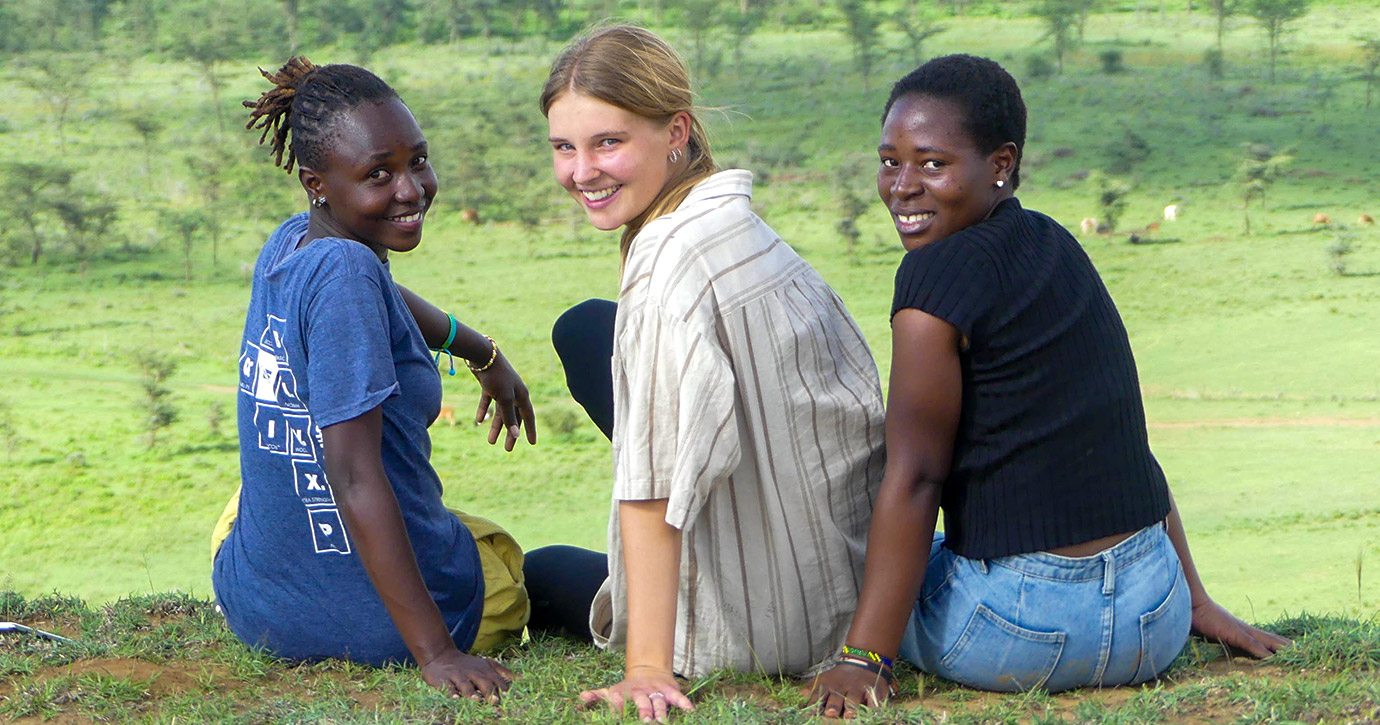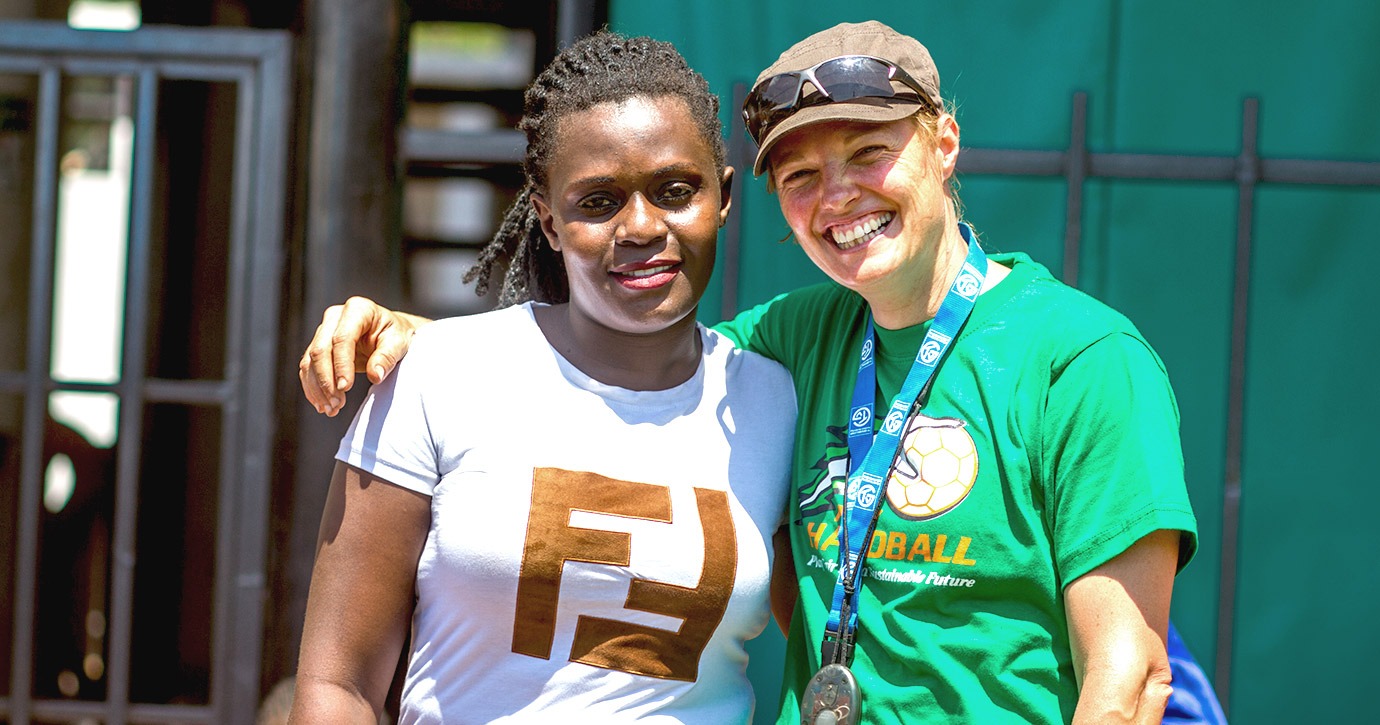The „White Saviour Complex“ is a criticism that refers to the way in which charity or development work is carried out in which privileged people, often from countries in the Global North, especially white people, portray themselves as saviours or heroes for people in countries in the Global South.
This phenomenon is often accompanied by stereotypes and can lead to patronising and superficial behaviour. It is harmful because it reinforces power imbalances, ignores the perspectives and needs of local communities, and often leads to short-term, unsustainable solutions.
What does this have to do with volunteering?
“White saviourism” is often closely linked to volunteering, especially when people from wealthier countries travel to politically, economically and socially disadvantaged countries to provide aid. In these cases, the motivation for volunteering can be driven by a desire to act as a saviour rather than to bring about real and lasting change. Rash, unthinking, arbitrary and self-serving behaviour can lead to dependency, power imbalances and a lack of local empowerment.
What questions should you ask yourself to avoid 'white saviourism'?
In order to avoid 'white saviourism', volunteers involved in conservation, charity or development work should critically question their own motives and behaviour and place them in a sustainable context.

Examine your own motivation
Why am I involved in this work, in this project, in this country? Is it really to help, or is it more about satisfying my own ego? Am I just trying to satisfy my needs and expect gratitude? Am I willing to learn?
Get consent
It is important to ensure that help is based on local needs and desires. Do I have the consent and active participation of the local community?
Listen and learn
Development cooperation and intercultural exchange, including volunteering, should be based on cooperation and dialogue at eye level. Am I ready to listen and learn from the experiences and knowledge of the local community?
Avoid stereotypes
It is important to see local people as equal partners. To avoid stereotypes, it is important to consciously question one’s own prejudices and to be open to diversity. Am I careful not to reinforce stereotypes or adopt a paternalistic, condescending attitude?
What are some good practices and solutions?
Overall, it is important that external aid is provided in a respectful and sustainable way. As a volunteer working for charity, you should respect the voices of local communities, be responsive to their needs and constantly strive to make a positive and lasting difference.

Opportunities to actively shape sustainable solutions:
Develop equal partnerships
Build partnerships based on equality and mutual respect. Local people should be actively involved in decision-making.
Create long-term prospects
Focus on long-term solutions rather than short-term aid. This promotes sustainable community development and builds confidence in the future.
Focus on empowerment by helping people to help themselves
Focus on programmes and initiatives that empower local people and give them the tools to overcome their own challenges.
Ensure transparency and accountability
Be transparent about objectives, finances and decision-making processes. Accountability to local communities and other stakeholders is essential, builds mutual trust and helps build long-term relationships.
Develop cultural sensitivity
Educate, learn and develop cultural sensitivity to better understand and respond to local contexts.
Conclusion
You are usually part of an established project, so you should understand your work and reflect on your actions. Get involved as actively but respectfully as possible, observe and learn, make suggestions and ask questions.
After all, sustainable development cooperation is complex and multifaceted. The sensitive relationships and networks of often different organisations from the political, economic and social sectors are not (yet) always known to you. Therefore, always consult your local project mentor and do not try to go it alone if you do not (yet) know the implications.
It is important to reflect on your own actions in terms of sustainability in order to avoid dependencies and false expectations. Simply giving money or material goods without context and a long-term plan is not sustainable aid.
On the contrary, it tends to create dependencies and expectations that future volunteers will be generous donors again. Addressing one’s own behaviour and its impact is important for the sustainable future of the project, for building the self-esteem of local partners, but also for protecting the reputation (or perception) of future volunteers.
